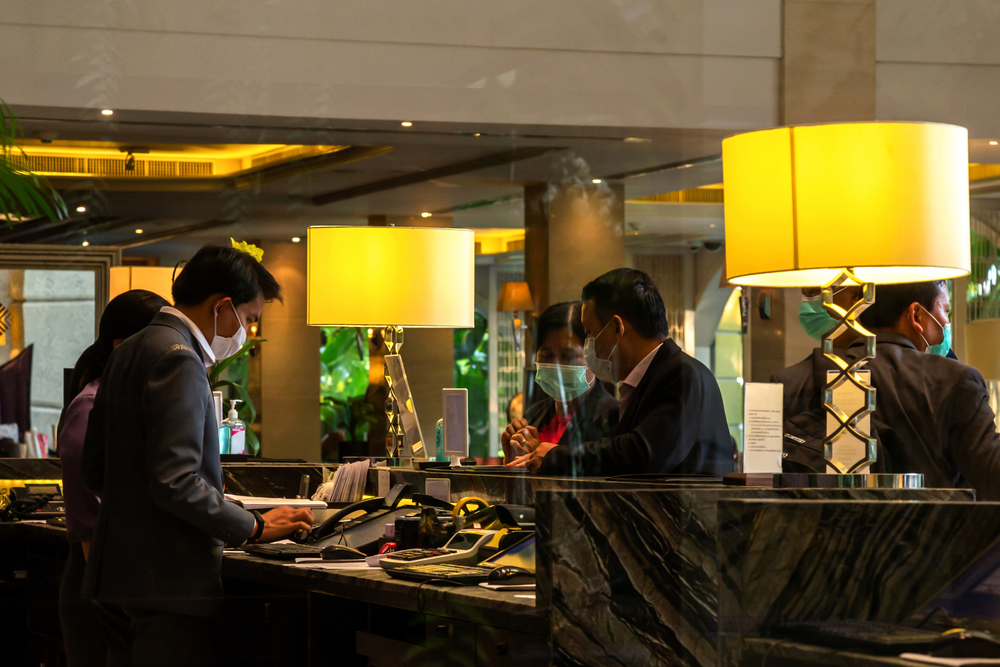The ingenious ways hotels earn during coronavirus outbreak
Contributors are not employed, compensated or governed by TDM, opinions and statements are from the contributor directly

With countries closing their borders and travel is non-existent nowadays, hotels struggle to fill their rooms.
The hospitality sector is one of the industries that were hit the hardest during the coronavirus outbreak and they try to stay afloat. Here are some ways how some hotels turned things around for them.
Longer stays
Let’s Hyde Resort & Villas in Thailand is offering monthly stays
“Due to the Covid-19 Crisis, during the coming months, rather than closing, we have decided to open up for long-stay visitors at heavily discounted rates,” the resort posted on their Facebook page.
MONTHLY RATES!Due to the Covid-19 Crisis, during the coming months, rather than closing, we have decided to open up…
Gepostet von Let's Hyde Resort & Villas am Mittwoch, 18. März 2020
In Singapore, a sudden spike in hotel accommodations was seen after Malaysia announced a lockdown on 18 March. Hundreds of Malaysians holding Singapore work permits and wish to remain in Singapore to report to work while the border is shut.
The overnight spike in demand for temporary accommodation is a welcome sharp turnaround for these establishments, which have struggled since the Covid-19 outbreak caused a standstill in tourist numbers. Business is so good that some places are turning potential guests away.
Hotels also served as a shelter for tourists stranded during a lockdown. While others scramble in the airports to get home, others chose to stay put and wait things out.
Quarantine facility
As confirmed cases and people under investigation and monitoring continue to climb, hospitals struggle to keep up and there is a shortage of rooms. It started in China, wherein hotels are tapped to serve as a quarantine facility to house thousands of people infected by the virus.
In Chiba, Japan, a hotel was used for the two-week quarantine for Japanese repatriated from Wuhan, China in February. Currently, several hotels around the world are commissioned to catch the overflow of patients from hospitals.
Temporary housing for frontliners and first responders
Maintaining the health of frontliners and first responders is top priority to ensure that we can manage the spread of the disease.
In the Philippines, land transportation has been suspended and some frontliners struggled to go to work. Hotels, especially those near hospitals, are now being used as a temporary housing for medical providers like doctors, nurses, medtechs and radtechs as well as security guards and utility personnel.


Comments are closed.